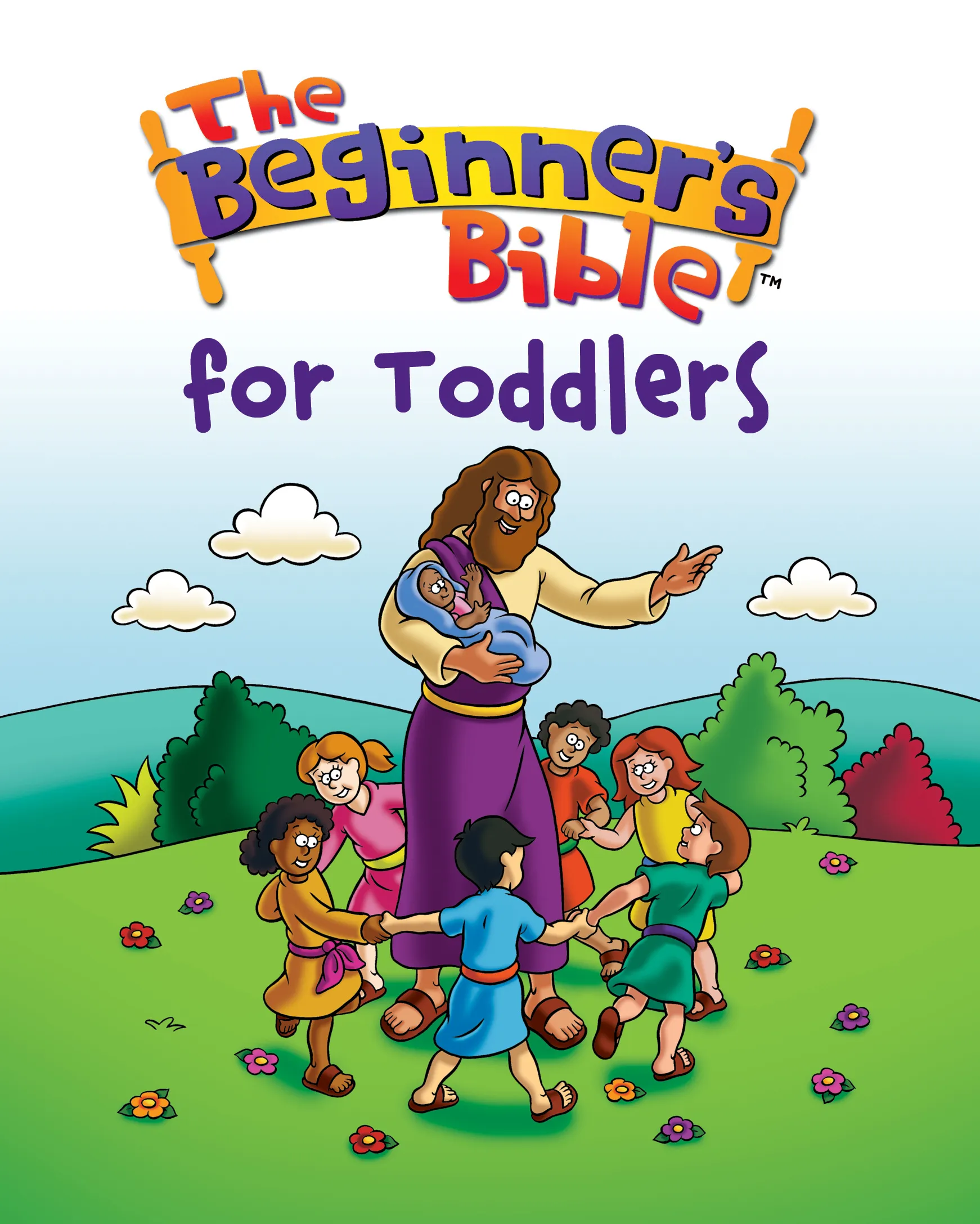A Beginner’s Guide to Choosing the Best Bible Version for Your Spiritual Journey
For those who are starting to explore Christianity, choosing the right version of the Bible can be daunting. There are many different translations available, each with their own unique features and nuances. But it’s critical to choose the best version to guide your spiritual journey. In this article, we’ll cover why it’s important to pick the right one, the different versions available, the factors to consider when choosing, and our top recommendations. If you’re looking to deepen your understanding of the Bible as a beginner, keep reading to find the best version for you.
Why is it important to choose the right version of the Bible for beginners?
Choosing the right version of the Bible for beginners is crucial in fostering a deeper understanding and appreciation of Christianity. With so many translations available, it can be overwhelming to determine which one to start with.

While some may argue that more traditional versions, such as the King James Version or New Revised Standard Version, offer a more authentic interpretation of scripture, beginners may find these translations difficult to comprehend due to their archaic language and syntax.
On the other hand, modern translations like the New Living Translation or The Message may offer greater accessibility for beginners with their contemporary language and simplified syntax. However, some critics argue that these translations sacrifice accuracy in exchange for readability.

Ultimately, it is important for beginners to consider their own learning style and preferences when choosing a Bible translation. It may be helpful to consult with a trusted religious leader or mentor who can provide guidance and recommendations based on individual needs.
Regardless of which version is chosen, what matters most is engaging with scripture regularly and seeking guidance from God through prayer. By approaching the Bible with an open heart and mind, beginners can cultivate a deeper understanding of Christianity and strengthen their relationship with God.
The different versions of the Bible and their unique features.
For those who are new to Christianity and looking to dive into the Bible, it can be overwhelming to choose which version is the best fit for them. With so many translations and editions available, it can be difficult to navigate the differences between them.
One popular choice for beginners is the New International Version (NIV), which offers a modern language update while still maintaining accuracy in translation. However, some may prefer a more traditional translation such as the King James Version (KJV), known for its poetic language and use of “thee” and “thou.”
Another option is the New Living Translation (NLT), which aims to balance both accuracy in translation and readability for modern readers. This edition also includes helpful study notes and explanations.
For those interested in studying the original languages of scripture, there are versions such as the English Standard Version (ESV) or New American Standard Bible (NASB) that prioritize word-for-word accuracy over readability.
Ultimately, choosing a Bible version depends on personal preference and what will best aid in one’s understanding of scripture. It’s important to note that no matter which version you choose, what truly matters is how you apply its teachings to your life.
Factors to consider when choosing the best version of the Bible for beginners include.
Choosing the best version of the Bible for beginners can be a daunting task. With so many translations and editions available, it’s important to consider a few key factors before making a decision.
Firstly, it’s important to consider what type of reader you are. Are you looking for a more literal translation or one that focuses on readability? If you’re new to Christianity, it may be best to start with a translation that is easier to understand, such as the New International Version (NIV) or the New Living Translation (NLT).
Another factor to consider is the type of study aids included in the edition. Some versions come with study notes or commentary that can help explain difficult passages and provide context. However, others may only include text without any additional aids.

It’s also important to think about whether you prefer traditional language or modern language in your Bible reading experience. For example, the King James Version (KJV) uses archaic language while newer translations like NIV use contemporary language.
Lastly, take into consideration any personal preferences or biases towards certain translations based on denomination or cultural background.
Overall, choosing the best version of the Bible for beginners requires careful consideration and research. It’s important to find a translation that resonates with your personal values and learning style while still maintaining accuracy and reliability in its interpretation of scripture.
What are the top recommendations for the best version of the Bible for beginners?
For those who are just starting to learn about Christianity and exploring the teachings of the Bible, choosing the right version can be overwhelming. With so many translations available, it can be difficult to determine which one is the best fit for your needs.
One recommendation for beginners is the New International Version (NIV). This translation uses modern language and is known for its accuracy in conveying the original meaning of the text. It also includes helpful footnotes and study aids to assist readers in understanding difficult passages.
Another option is The Message, a contemporary translation that presents biblical stories and concepts in everyday language. This version can be especially helpful for those who may struggle with more traditional translations or are looking for a fresh perspective on familiar texts.
For those interested in delving deeper into biblical scholarship, The New Revised Standard Version (NRSV) offers a scholarly approach to translation while still maintaining accessibility. It also includes extensive footnotes and cross-references to aid in interpretation.
Ultimately, finding the right version of the Bible for beginners will depend on personal preferences and learning styles. It may be beneficial to try out different translations before settling on one that resonates with you. Remember that reading and studying scripture is a journey, not a destination – don’t be afraid to explore new versions or interpretations as you continue your spiritual growth.
Conclusion
After taking a closer look at the different versions of the Bible and evaluating their unique features, it is clear that there are several excellent options for beginners. Ultimately, when choosing the best version of the Bible for yourself or someone else who is just starting out in learning more about Christianity, make sure to consider factors such as readability level, language choice, translation type and tradition. With all this information in mind you can be sure to find a version right for your personal needs! Be sure to keep checking our blog posts for more tips on finding resources that will help you grow deeper into your faith journey.












